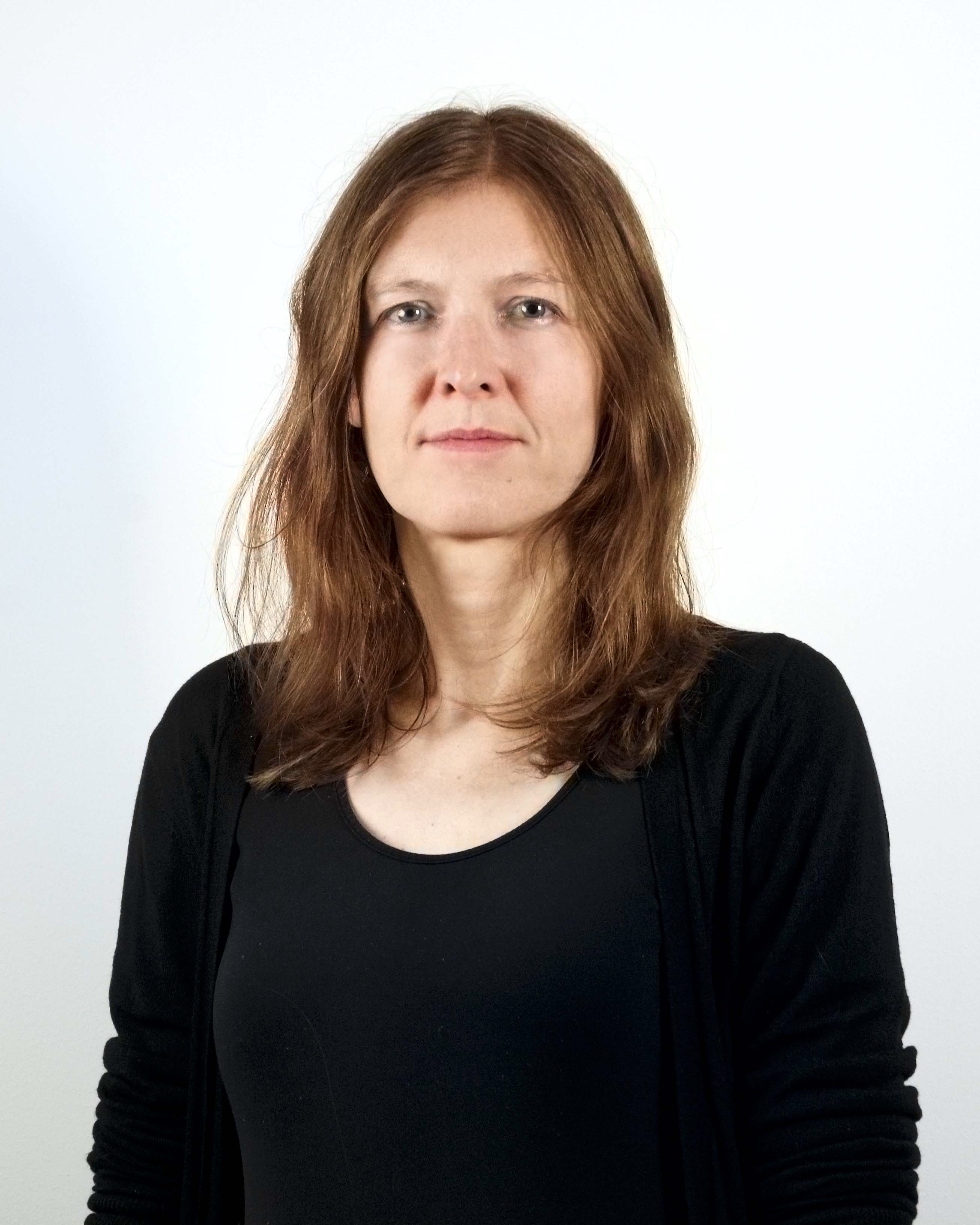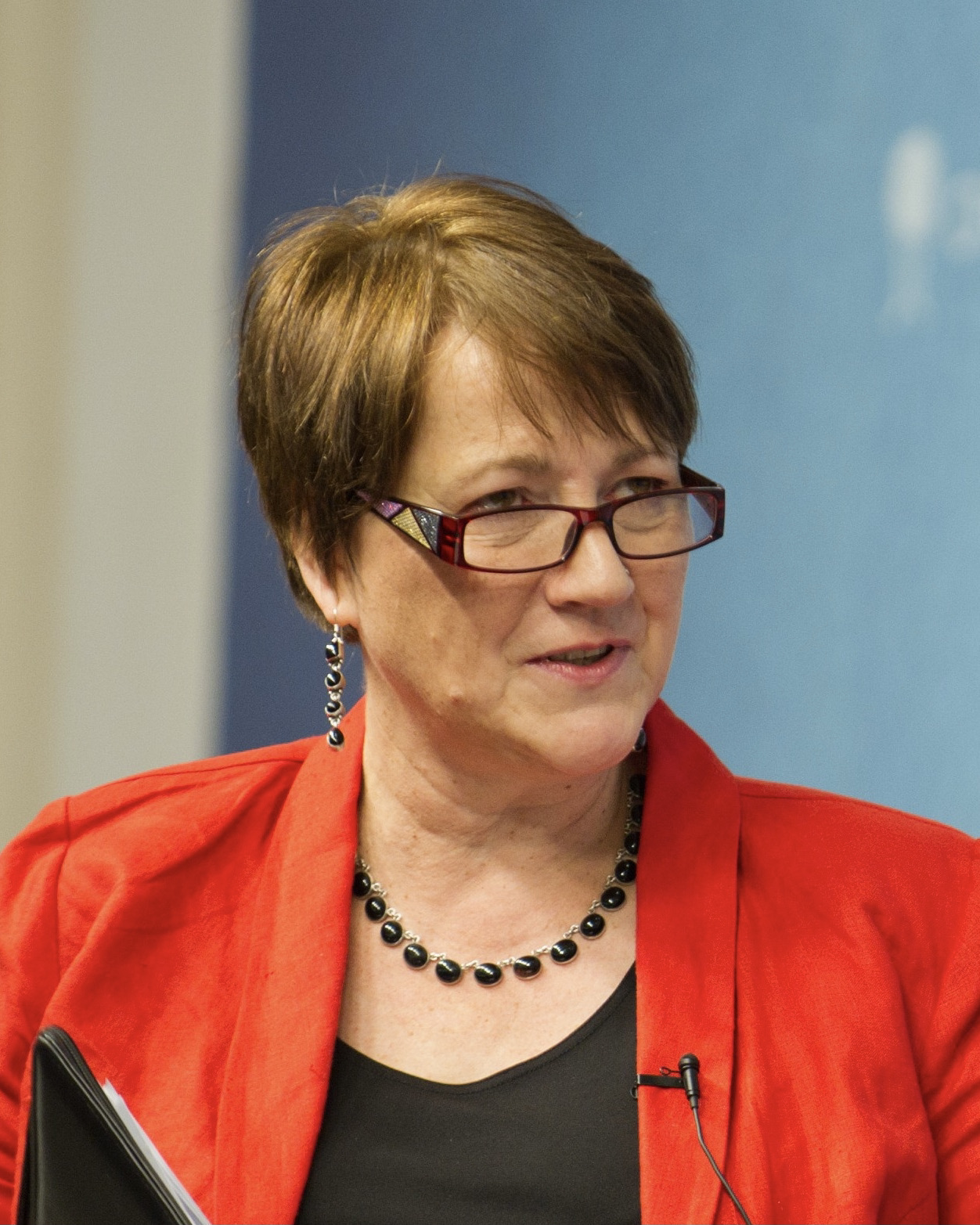
9 November 2021, 12:30–13:15 CET
Click here to register for this session.
Over the last century, quantum physics has transformed the human world. All of today’s digital and communications kit—and much of current energy production—has been made possible by the application of quantum effects to produce transistors, computers, lasers and imaging.
Today new quantum technologies (QT) are again poised to transform human activity. The second wave of QT harnesses aspects of subatomic particle behaviour called ‘superposition’ and ‘entanglement’. Superposition describes the property of a particle being in two or more states at once. Entanglement is when two particles are so connected that they are one whole system—not two separate components—even when the two particles are separated by thousands of kilometres.
Harnessing these characteristics allows quantum computers, for example, to increase computational capacity and speed beyond anything available today. Quantum sensors provide information from around corners and deep underground, and quantum communication devices will enable highly secure, protected communication. All of these technologies have military applications. The full set is currently beyond imagination, but it is possible to start suggesting what some of these applications will be.
This session will look at these new technologies, their state of development and deployment and what can be expected from them, how they will be applied to the military battle space, and ways of envisaging their use and control.
Moderator
|
|
Dr Sibylle Bauer Dr Sibylle Bauer is Director of Studies, Armament and Disarmament at SIPRI, with responsibility for SIPRI’s work on arms control, disarmament and non-proliferation for nuclear, biological and chemical weapons; dual-use and arms trade control; emerging technologies; and arms production, arms transfer and military expenditure. She is also the current Chair of the EU Nonproliferation and Disarmament Consortium. Previously, she managed SIPRI’s Dual-use and Arms Trade Control Programme. In that capacity, she designed and implemented capacity-building activities in Europe and South East Asia. |
Speaker
|
|
Dr Patricia Lewis Dr Patricia Lewis is the Research Director for International Security at Chatham House. Previously she was Deputy Director and Scientist-in-Residence at the Center for Nonproliferation Studies at the Monterey Institute, Director of the United Nations Institute for Disarmament Research (UNIDIR) and Director of VERTIC (Verification Research, Training and Information Centre). Dr Lewis served on the 2004–06 Weapons of Mass Destruction Commission (WMD), the 2010–11 Advisory Panel on Future Priorities of the Organization for the Prohibition of Chemical Weapons (OPCW) and was an Advisor to the 2008–10 International Commission on Nuclear Non-proliferation and Disarmament (ICNND). She was a Commissioner on the 2014–16 Global Commission on Internet Governance and is on the EEAS Space Advisory Board (SAB) as a Senior Space Advisor to the EU Special Envoy for Space. |
For additional information on this session, please contact the SSC 2021 Team at sthlmseccon@sipri.org.

